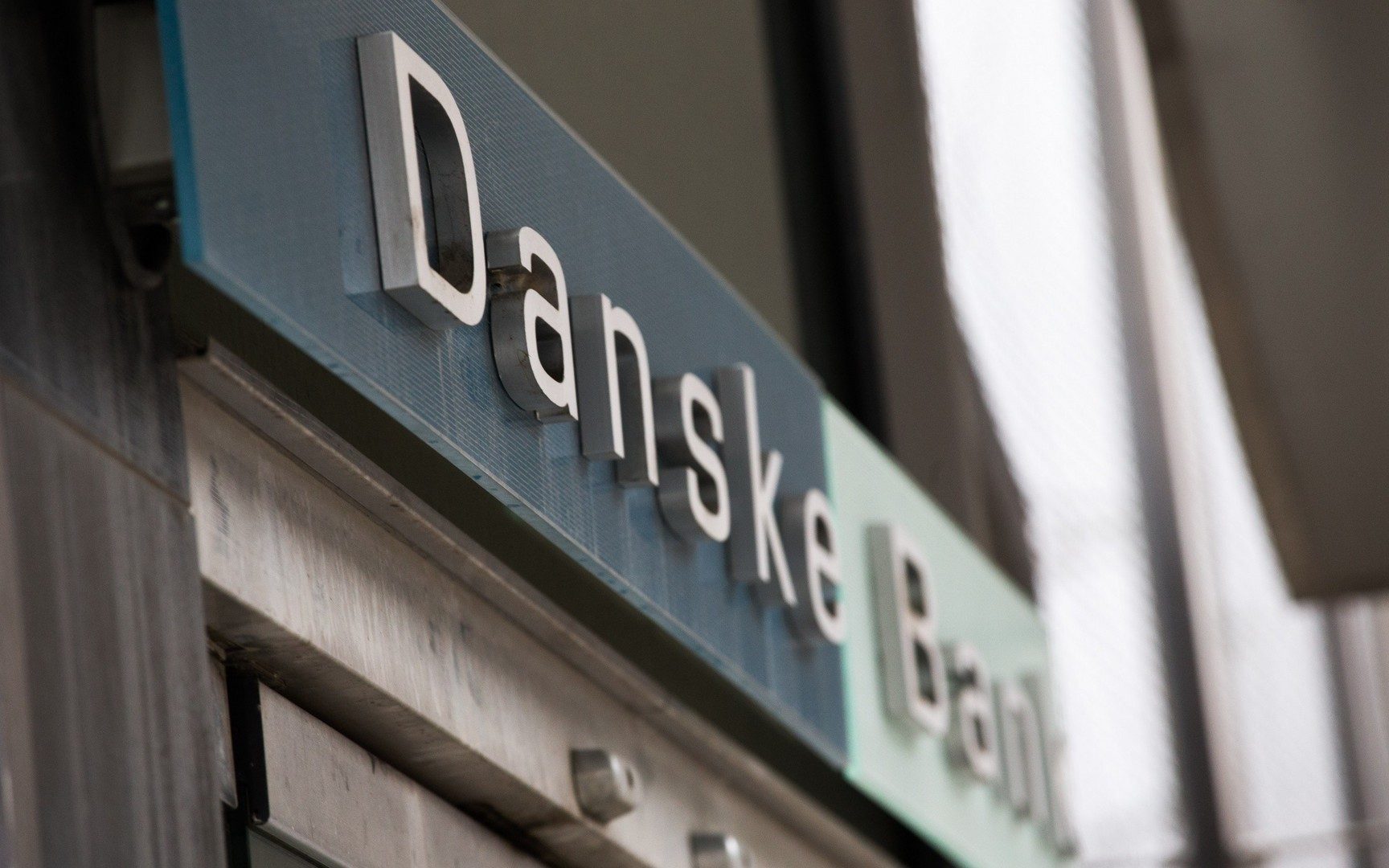Danske Bank scandal is growing

Danske, Denmark’s biggest bank, had been in the crosshairs of investigators since Danish daily Berlingske last year claimed that it had been behind the laundering of around $3.9 billion of dirty money from a string of Eastern European countries.
But after receiving bank statements from 20 companies with accounts in Danske Bank’s Estonian branch between 2007 and 2015, the paper this week reported that the real figure was actually more than twice that.
“This gravely serious case will become much worse if the latest information is correct,” Denmark’s business minister Rasmus Jarlov said on his Twitter account.
“This casts a shadow of doubt over the entire financial sector,” Jarlov said, adding the Danish Financial Supervisory Authority is reviewing the information which appeared in Berlingske.
The watchdog is in contact with its Estonian counterpart to discuss possible actions. An audit in the spring concluded that there was no basis for raising criminal proceedings against the bank.
“It is too soon to draw any conclusions about the extent of potential money laundering in Estonia,” Danske Bank’s head of group compliance, Anders Meinert Jorgensen, told AFP in an e-mail.
Political pressure is mounting on Danske with the Danish government threatening to confiscate any profits it made while investors worry about the potential for the US to start investigating alongside Denmark, Estonia and France. Deutsche Bank was fined $630m by US and UK regulators last year for so-called mirror trades allegedly used to launder $10bn out of Russia. HSBC in 2012 paid $1.9bn for laundering at least $880m of drug money as well as $660m of sanctions breaches.
The group has acknowledged that its control over the Estonian branch has not been good enough and launched its own investigation into the matter last year. The results are expected in September.
Danske made its move into Estonia in 2007 when it bought Sampo, Finland’s third-largest bank, which had a substantial Baltic portfolio. Estonia, Latvia and Lithuania had all positioned themselves as potential gateways for money between the former Soviet Union and the EU.
The business was lucrative. Danske’s Estonia business represented just 0.5 per cent of its assets in 2013 but accounted for 2 per cent of profits.
Danske Bank’s share prices has fallen by over 25 percent over the past year on the Copenhagen Stock Exchange.
Unexpectedly, Danske finds itself in the company of other major European banks that have been ensnared in massive laundering scandals in recent years including France’s BNP Paribas and Germany’s Deutsche Bank.
“Any competent money laundering scientist would have come to the conclusion that there were clear indications of money laundering that should have been reported to the authorities,” British money laundering expert Graham Barrow told Danish broadcaster TV2.
“The extent of this case is so big that management should have been aware of the billion-dollar suspicious transactions,” Danish legal adviser Jakob Dedenroth Bernhoft added.

